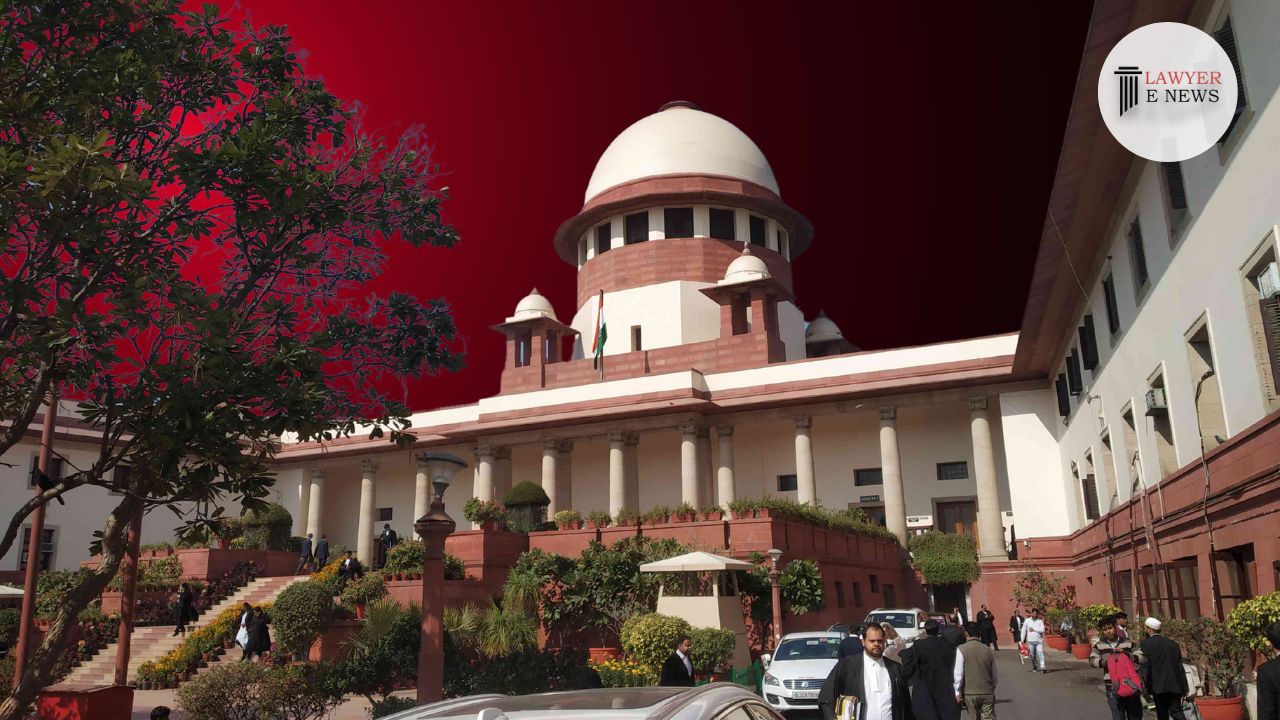-
by Admin
16 February 2026 4:21 AM



In a significant legal decision, the right to privacy and the burden of proof beyond reasonable doubt have triumphed as the court acquitted a woman who had been convicted based on circumstantial evidence. Justices Abhay S. Oka and Sanjay Karol handed down the verdict on October 19, 2023, in a case that has far-reaching implications for the justice system.
The judgment underscores the importance of establishing guilt beyond a reasonable doubt when relying on circumstantial evidence. Justice Oka and Justice Karol stressed that "conviction ought to be recorded only in cases where all the links of the chain are complete, pointing only to the guilt of the accused and none else, also eliminating the element of his innocence." This sets a high standard for proving guilt in such cases.
The case revolved around the conviction of a woman under Section 302 of the Indian Penal Code, based primarily on the fact that she was a woman living alone and had been pregnant. However, the prosecution failed to establish any conclusive proof of a relationship between the accused and the deceased child, whose body was found under suspicious circumstances.
Justice Oka and Justice Karol emphasized that negative inferences cannot be drawn for questions or incriminating circumstances not put to the accused during their statement under Section 313 of the Code of Criminal Procedure. They also highlighted the delicate balance between the duty to disclose relevant information and an individual's fundamental right to privacy.
The judgment delved into the right to privacy, emphasizing that it is "the underpinning of human dignity and is fundamental to the realization of human rights." The court cited previous cases and international human rights treaties to reinforce the significance of this right.
This decision serves as a reminder that the right to privacy is inviolable and that convictions based on circumstantial evidence must meet a high standard of proof. The court's ruling has far-reaching implications for future cases involving circumstantial evidence and the right to privacy, reaffirming the principle that guilt must be proven beyond a reasonable doubt.
Date of Decision: 19 October 2023
INDRAKUNWAR vs THE STATE OF CHHATTISGARH
